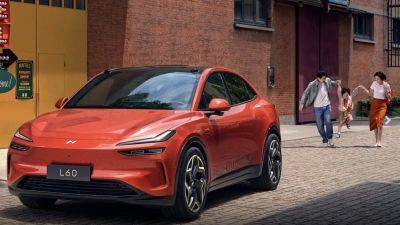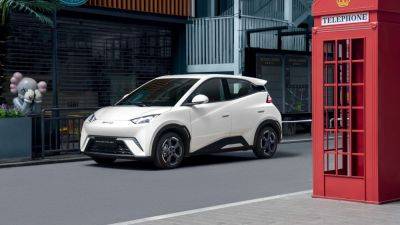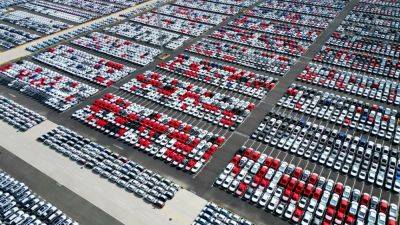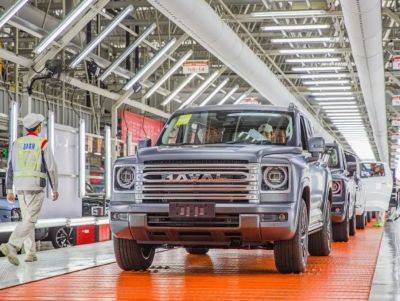EV tax credit supply chain rules ease, but China restrictions remain
In a coordinated push through federal agencies, the Biden administration on Friday released a revised set of regulations applying to the EV tax credit that will ultimately make the credit easier to claim for a wider range of vehicles in 2025 and 2026 but no easier for Chinese companies to gain a foothold on the market.
The news came in updated rules posted Friday by the U.S. Department of Energy (DOE), the Department of Transportation (DOT), and the Internal Revenue Service (IRS), each relating to their respective areas in defining and enforcing the credit rules as laid out by the 2022 Inflation Recovery Act.
Easing up on critical minerals until 2027
The good news for automakers, and especially for battery and related component plants in North America, is that after Friday’s clarifications they have two extra years to comply with much more stringent requirements on the origin of battery minerals.
EV tax credit requirements — 5/2024 revisions
Under the original IRA framework, EVs won’t qualify for the full EV tax credit in 2024 without 60% of their battery parts originating in the U.S., and without at least 50% of their critical battery materials mined or processed in the U.S. or a favored trade partner such as Japan, South Korea, or the European Union.
Those requirements were set to become even stricter in 2025 with even tighter limitations on the origin of battery materials; vehicles with any source minerals from China or other designated Foreign Entities of Concern would be disqualified. But under Friday’s regulations, companies have until 2027 to comply, allowing automakers and supply companies to get more serious about how they track their supply chains between now and then.
2024 Kia EV9
“Today’s actions from Treasury and DOE provide clarity and certainty to an EV marketplace that’s rapidly growing,” said John Podesta, the senior advisor to the President for International Climate Policy, in a Biden administration summary statement. “The direction we’re headed is clear—toward a future where many more Americans drive an EV or a plug-in hybrid and where those vehicles are affordable and made here in America.”
Secretary of Treasury Janet Yellen, in a







